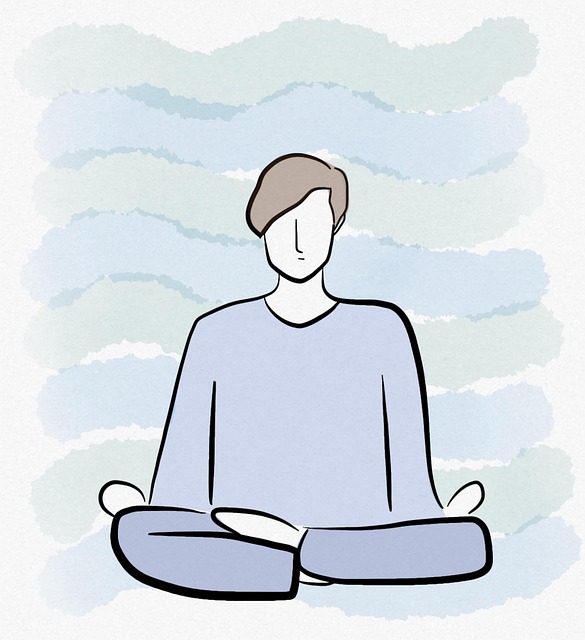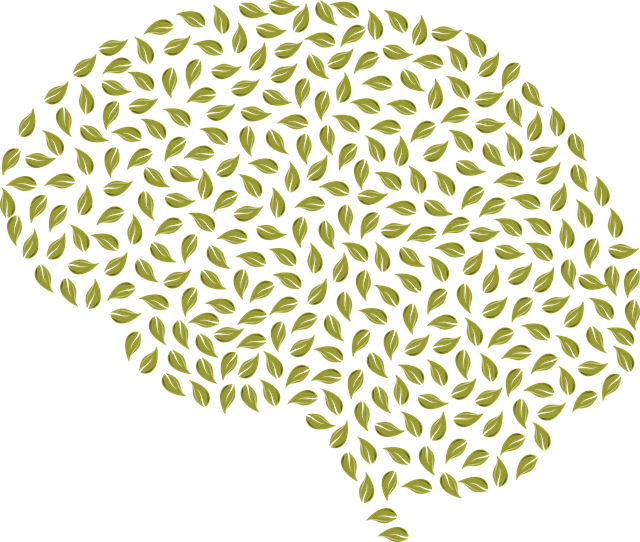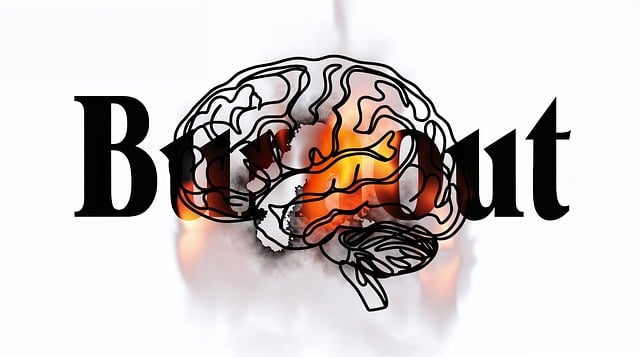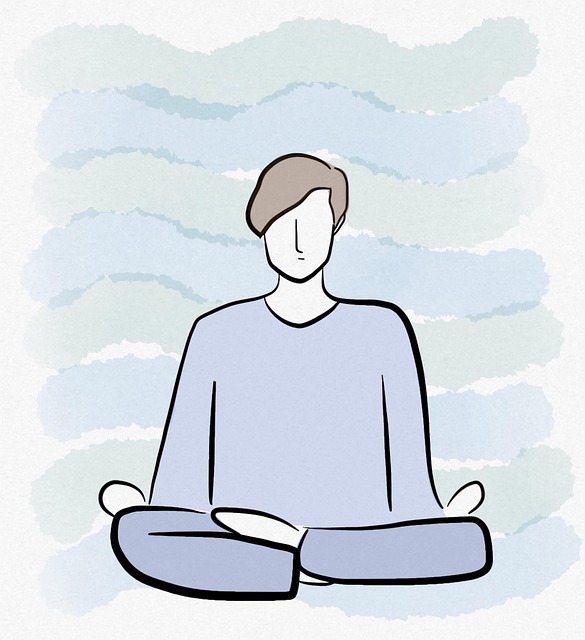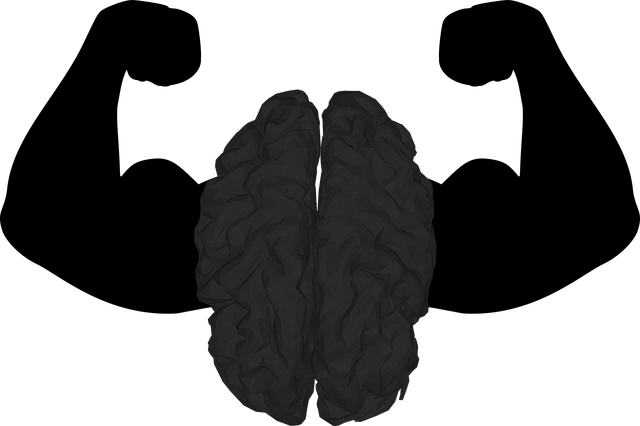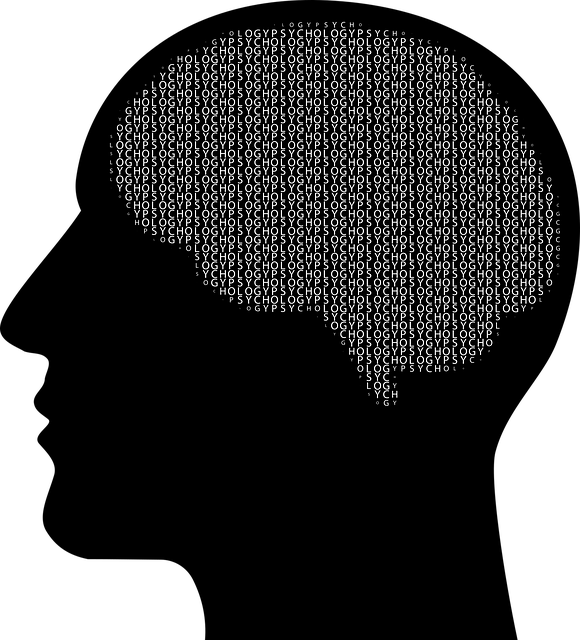Castle Rock Obsessive Compulsive Disorder (OCD) is a mental health condition requiring comprehensive therapy, including cognitive-behavioral therapy (CBT), exposure and response prevention (ERP), mindfulness practices, and community support. Effective treatment focuses on addressing trauma, challenging unhelpful thought patterns, and developing coping strategies to manage symptoms. Mental health advocacy plays a vital role in combating OCD stigma, improving healthcare access, and fostering understanding through public education, workshops, and online resources. Integrated evidence-based approaches and community support networks empower individuals to lead fulfilling lives free from OCD's impact.
Mental health advocacy plays a pivotal role in transforming lives affected by conditions like Castle Rock Obsessive Compulsive Disorder (OCD). This article delves into the multifaceted approach to supporting individuals with OCD, focusing on understanding the disorder, the power of advocacy, and effective therapy strategies. We explore community engagement methods and emphasize the critical role of public education in mental health advocacy initiatives. By integrating these elements, we aim to enhance access to Castle Rock OCD therapy and foster a more inclusive, supportive environment.
- Understanding Castle Rock Obsessive Compulsive Disorder (OCD)
- The Role of Advocacy in Mental Health Support
- Strategies for Effective OCD Therapy and Community Engagement
- Building Awareness: Educating the Public on Mental Health Advocacy Initiatives
Understanding Castle Rock Obsessive Compulsive Disorder (OCD)

Castle Rock Obsessive Compulsive Disorder (OCD) is a mental health condition characterized by intrusive thoughts and repetitive behaviors that individuals feel compelled to perform. This debilitating disorder can significantly impact daily life, affecting one’s ability to concentrate, socialize, and maintain personal hygiene routines. Recognizing and understanding OCD is the first step towards effective Castle Rock Obsessive Compulsive Disorder therapy.
Therapy for Castle Rock Obsessive Compulsive Disorder often involves a combination of techniques, such as cognitive-behavioral therapy (CBT), exposure and response prevention (ERP), and mindfulness practices. CBT helps individuals challenge and change unhelpful thought patterns while ERP gradually exposes them to feared situations, reducing anxiety over time. Additionally, Trauma Support Services can play a crucial role in addressing any underlying trauma that may be contributing to the OCD symptoms, alongside Stress Reduction Methods and Coping Skills Development to enhance overall well-being.
The Role of Advocacy in Mental Health Support

Mental health advocacy plays a pivotal role in creating a more supportive and understanding society. By raising awareness about various mental illnesses, including Castle Rock Obsessive Compulsive Disorder (OCD) Therapy, advocates challenge the pervasive stigma associated with seeking help. These efforts contribute to Mental Illness Stigma Reduction by encouraging open conversations and fostering empathy among the general public and healthcare providers.
Advocacy initiatives also drive essential changes in Healthcare Provider Cultural Competency Training, ensuring professionals are equipped to offer empathetic, effective care tailored to diverse patient needs. Furthermore, burnout prevention strategies for healthcare providers are integral to maintaining a robust mental health support system. These approaches collectively aim to improve access to quality treatment and promote better outcomes for individuals navigating their mental health journeys.
Strategies for Effective OCD Therapy and Community Engagement

In the fight against Castle Rock Obsessive Compulsive Disorder (OCD), a multifaceted approach is key. Effective therapy strategies often involve a combination of cognitive-behavioral techniques, exposure and response prevention, and mindfulness practices tailored to each individual’s unique experience. Community engagement plays an equally vital role in supporting those affected by OCD. Mental wellness coaching programs can empower individuals to develop self-care routines for better mental health, fostering resilience and confidence.
These strategies not only aid in managing OCD symptoms but also promote a sense of agency and community support. By integrating evidence-based therapy with community initiatives, we create a network of care that enables individuals to lead fulfilling lives. Encouraging open conversations about OCD reduces stigma, while access to coaching programs can help individuals build coping mechanisms, leading to improved mental wellness and enhanced quality of life.
Building Awareness: Educating the Public on Mental Health Advocacy Initiatives

Mental health advocacy initiatives play a pivotal role in fostering understanding and breaking down stigmas surrounding various mental health conditions. One such condition that has gained significant attention is Obsessive Compulsive Disorder (OCD). Castle Rock OCD Therapy, for instance, focuses on providing specialized care to individuals struggling with this debilitating disorder. By educating the public about OCD and similar conditions, these initiatives ensure that people can recognize symptoms and seek help early on.
Through workshops, awareness campaigns, and accessible online resources, advocates promote mindfulness meditation as a tool for stress reduction and burnout prevention. They also emphasize resilience-building techniques to empower individuals in managing their mental health effectively. These efforts contribute to a more inclusive and supportive society where mental well-being is prioritized, ensuring that those facing challenges like OCD receive the necessary support and treatment.
Mental health advocacy plays a pivotal role in improving support systems, especially for conditions like Castle Rock Obsessive Compulsive Disorder (OCD). By raising awareness and promoting understanding, we can foster inclusive communities that offer effective therapy and engagement strategies. Educating the public about OCD and mental health advocacy initiatives is crucial for breaking down barriers and ensuring accessible treatment, ultimately enhancing the well-being of those affected by this condition. Effective Castle Rock OCD therapy, when combined with community involvement, paves the way for a more supportive and inclusive society.




